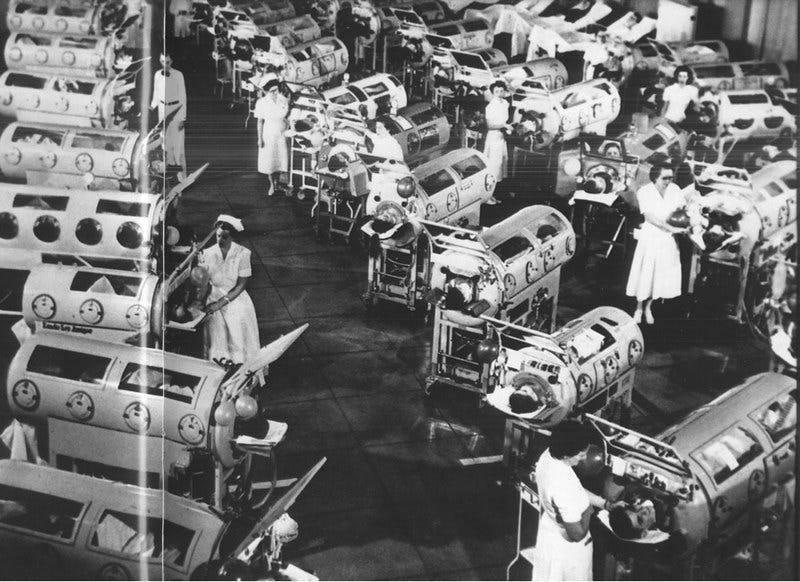
Social and Economic Changes in the Workforce
The nature of work is evolving, and the latest trends in future jobs reflect this fact. In fact, workers aged 18 to 24 now change their jobs 5.7 times on average compared to the average 2 to 3 changes of the older generations. Many workers are unsatisfied with their current jobs, and 32 percent of workers may quit their jobs if they are not permitted to work remotely. The majority of people would switch positions for the opportunity to work from home, and 91 percent of people are happier when working virtually. Also, remote work can increase happiness outside of work, for employees experiencing a 66 percent increase in family time, a 61 percent increase in savings, and a 66 percent increase in overall morale.
What might the future of work look like? An increase in flexible workspaces, cooperative smaller corporations, team-based work, wellness perks, and digital assistants will cater more to the changing needs of employees. Workers located across great distances can share ideas with smarter brainstorming and participate in virtual hangouts.
Moreover, creativity and human relationships will become key to flourishing careers as technology takes over more aspects of work. Essential skills in this economic environment include data management, negotiation, people management, emotional intelligence, and complex problem-solving. The fastest growing occupations include software developers, operations managers, registered nurses, marketing specialists, material movers, stockers, restaurant cooks, home health aides, waiters, and fast food workers. How are you preparing for the social and economic changes in the workforce?
Source: ExecutivePlacements.com



























































![LinkedIn Provides Tips on How to Promote Live Events [Infographic] LinkedIn Provides Tips on How to Promote Live Events [Infographic]](https://imgproxy.divecdn.com/kA4YczoBIs8NmPBiERWa-OxzvYMz5kwjjZ6wewP8z7c/g:ce/rs:fit:770:435/Z3M6Ly9kaXZlc2l0ZS1zdG9yYWdlL2RpdmVpbWFnZS9saW5rZWRpbl9ldmVudF9hZHNfaW5mb18yLnBuZw==.webp)










